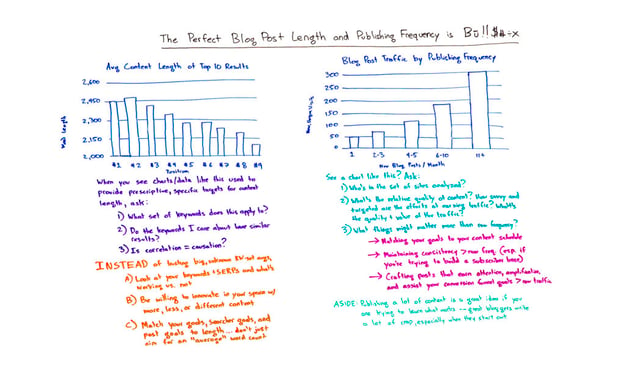Tom Williams brings you the latest search engine optimisation news, including Google’s latest Q&A test, removing your staging server from Google and Rand Fishkin’s thoughts about blog post length and publishing frequency.
Latest Google Test Sees Q&As in Local Results
Last month, Google appeared to be testing Q&A sections in its local results. Now, this has gone live.
This new update is designed to let businesses post their frequently asked questions in the local panel, and also offer their ideas and answers to questions posted by customers.
A member of the Google team wrote:
Over the next few days, you'll only be able to see the questions and answers feature on your own listing. Over the next week we'll start rolling out this feature more broadly, so that you'll see the feature on listings other than your own, and other people will be able to ask and answer questions about your listing.
Currently, this feature is only available to Android users.
Why Aren’t Your Rich Snippets Showing In Search?
Ask Google’s John Mueller. He was approached by an SEO regarding this matter:
Question: “How do I debug why my Google Rich cards are not appearing when the webmaster console says everything is ok, and the help article doesn’t apply?”
Here are the reasons John Mueller gave:
-
Technically incorrect – use Structured Data Testing Tool (SDTT)
-
Not compliant with policies (for example: wrong markup type)
-
Or general quality issue with site
If your rich snippets aren’t showing, there’s a strong chance John’s outlined the reason why.
Removing Your Staging Server From Google
Whether you refer to it as a staging server, a development server or even a testing server, Google’s John Mueller took to Google+ and explained how to remove yours from Google, and how to block it moving forward.
On August 15th, Barry Schwartz wrote:
First, John explained that if these servers do find their content indexed by Google, the fastest way to remove the content is via Google Search Console. Of course that means you need to verify the staging URL with Google Search Console, but that is only long enough until you do the remove content method. After that, you then want to close the site from the outside world.
Read more to discover John’s recommendations, such as going via Search Console and figuring out DNS verifications.
Update To Search Results Sees AMP Testing Tool Box
In addition to Google’s continuous updates, which, on 14 August saw a mobile page testing tool added to search (following the addition of a ‘submit URL’ box to search results back in April), Google has furthered its testing to include an AMP testing tool.
Searching for ‘AMP page test’ will bring it up as the first result in Search, where users can enter their URL and select ‘RUN TEST’.
This is just another update designed to improve Google’s user experiences, providing new ways for them to analyse their own success.
Reasons Why Google Won’t Index Search Results Pages
Since Google’s instructions for webmasters to block website search results pages from being indexed (think back to 2007), SEOs have embarked on quests to develop high quality content and landing pages away from the parameters of search results pages.
But what are the reasons for Google not indexing search results pages?
On August 9th, Google’s John Mueller clarified them on Twitter:
-
They make infinite spaces (crawling)
-
They’re often low-quality pages
-
They often lead to empty search results/soft 404s
There are more reasons aside to these, however these are the top three that made it into John Mueller’s tweet, and are likely to be the most important.
Whiteboard Friday – There Is No Perfect Length Or Frequency
You may be wondering what Rand Fishkin means. Last week, he censored his Whiteboard Friday title when claiming that having a ‘perfect’ blog post length or publishing frequency is ‘B?!!$#÷x’. You get the idea.
According to our favourite Moz bod, there is no ‘perfect’ measurement for length or publishing frequency. He instead encouraged us to consider different elements when analysing the success of publishing strategies, and that in fact, our content prosperity actually depends on more granular factors.
Check out Rand’s latest video here.
More SEO News and Advice
Read last week’s SEO News Roundup: Aligning Technical and Non-technical SEO
Maximise your search engine marketing with improved rankings and industry-leading reporting tools. Learn more about how our SEO Management Services can help you optimise your strategies and lead generation. Contact us today.






















